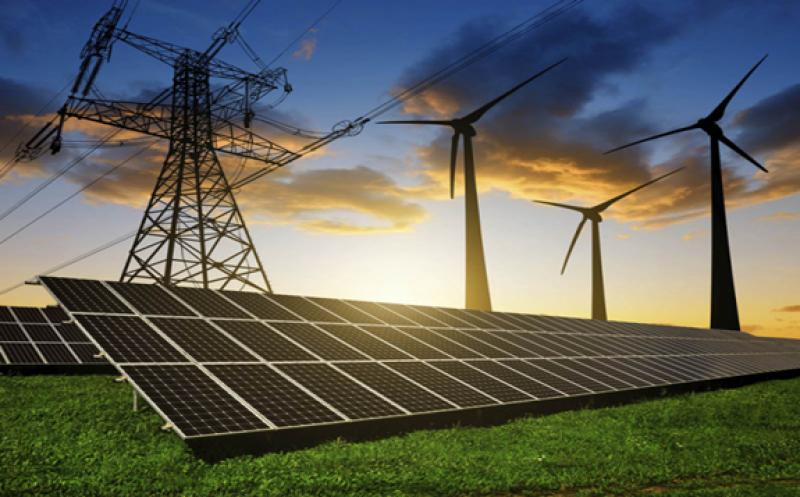The UAE Ministry of Energy and Infrastructure, in partnership with Khalifa University and the International Renewable Energy Agency "IRENA", has launched the National Integrated Energy Model that supports the formulation of the future of Energy for UAE, and the design of the next 50 years in the energy sector, according to the vision of the future government, representing also a roadmap for a new phase of Energy sector sustainability.

The importance of the model stems from the fact that it provides a common framework that brings together the stakeholders in the energy sector, and it defines the contours of the future as part of the UAE's efforts to maximize the benefits of this sector by developing strategies and foundations for work in it during the next phase in line with the National Energy Strategy 2050, which aims to obtain safe and sustainable energy for everyone at competitive prices, raising the efficiency of individual and institutional consumption by 40% by the year 2050, and increasing the contribution of clean energy in the total energy mix produced in the country to 50%.
In parallel with the launch of the National Integrated Energy Model, an understanding was made to develop the energy modeling capabilities with Khalifa University and the International Renewable Energy Agency.
A partnership bringing together the three entities was formed so that through its work it will develop the UAE energy model that can support the UAE's approach in this this vital sector, and this partnership will also benefit from the experience of the International Renewable Energy Agency and the research capabilities of Khalifa University to establish a program to support the review of the energy strategy in the United Arab Emirates, and engage strategic partners to continue developing the energy policy in the country.
Eng. Sharif Al Olama, Undersecretary of the Ministry of Energy and Infrastructure for Energy and Petroleum Affairs, said: “The National Integrated Energy Model is a major supporter of the national energy strategy that was launched in 2017; work is currently under process on developing a national energy strategy to harmonize developments in the energy sector at local and global levels, and it takes into account the UAE’s orientation towards diversifying energy sources and developing the sector, finding various solutions in addition to traditional energy, in a way that supports sustainable development, national economies, and the country's passage to the next 50 years of achievements, up to the UAE Centennial 2071.
“Clean energy is an essential part of the future energy mix, which the UAE takes into account when formulating national strategies and legislations. We are sure that clean energy technologies, including hydrogen, have witnessed remarkable progress thanks to the use of modern technology, and it have become a major competitor to the traditional energy sectors.”
The UAE is a pioneer in adopting international best practices in the energy sector, along with the latest global technological developments, and it was among the first countries to adopt renewable energy as an important part of the energy mix.
Dr. Arif Sultan Al Hammadi, Executive Vice-President, Khalifa University of Science and Technology, said: “Khalifa University is pleased to enter into this partnership with the Ministry of Energy and Infrastructure on energy modelling and energy policy research, to strengthen and contribute to the development and the support of mutual investment. This collaboration will help develop the ‘UAE Energy Model’ through the International Renewable Energy Agency (IRENA) Toolkits, and capacity building in energy modelling”
“We have the research expertise for the creation of basic institutional, managerial, and infrastructure to assess renewable energy readiness. We believe our academic and research expertise will help evaluate the UAE’s ability to develop renewable energy, taking into account critical ecological, economic, governance, and institutional factors that generally shape energy policy, and contribute to the UAE's global leadership in the field of renewable and clean energy.”
For his part, Francesco La Camera, Director General of the International Renewable Energy Agency "IRENA", stressed that the energy system based on renewable energy sources is at the core of any national commitment under the Paris Agreement on Climate Change, which in turn will support economic growth and create new job opportunities. Preserving the environment, while enhancing the global trend towards climate stability and resource security.
He stressed that the UAE is at the forefront of countries that have witnessed qualitative transformations in the field of energy, through which it aims to maintain its leadership in the field of renewable energy in the coming years. He communicated his pride in strengthening the close partnership with the UAE through conducting an analysis of the energy transition for the year 2050, hoping that cooperation with the UAE will help accelerate the accomplishments of clean energy policy by mid-century.